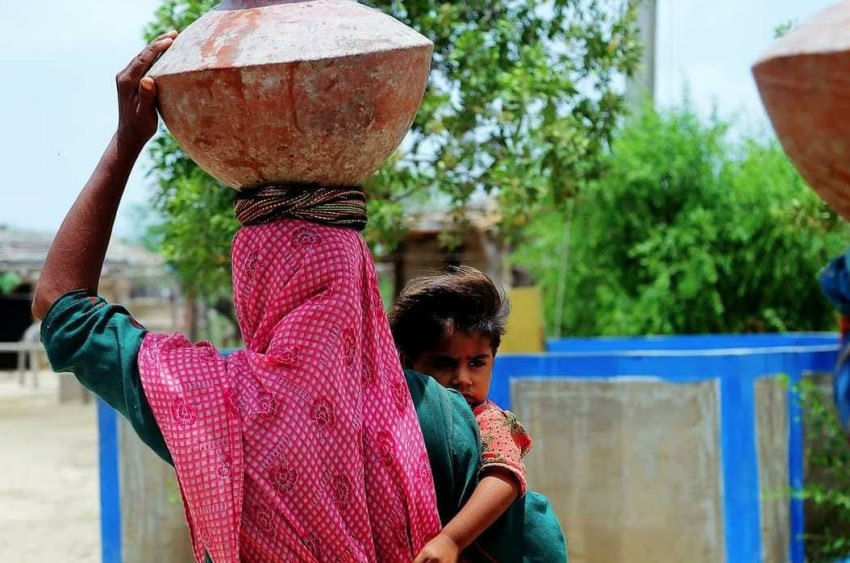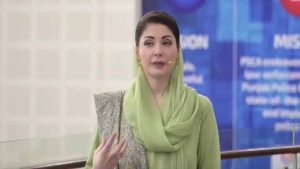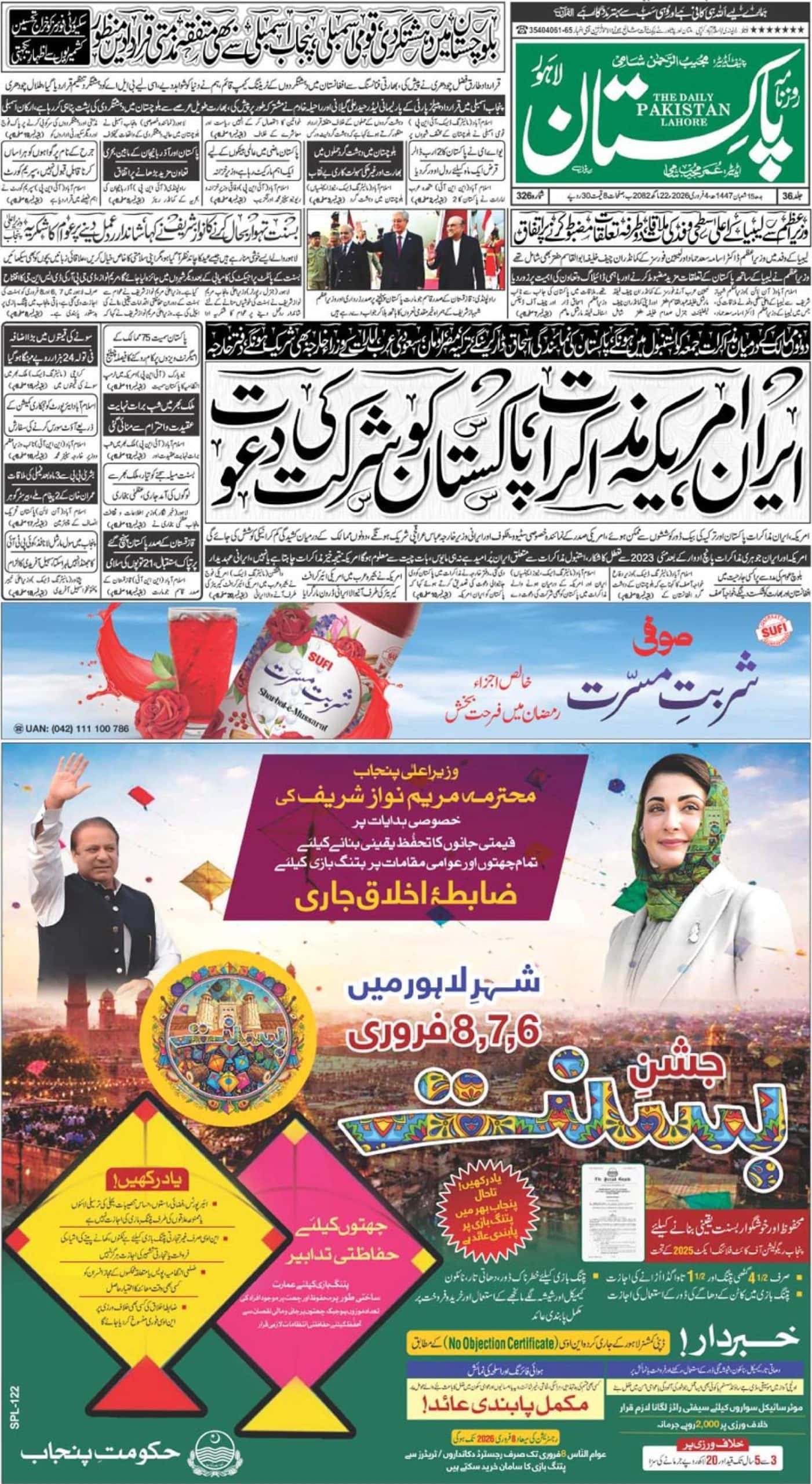ISLAMABAD – WaterAid is helping thousands of families hit by the worst floods that have hit Pakistan, by handing out hygiene kits with soap, towels, and jerrycans, disinfection of water resources, and by setting up safely managed toilets.
The development organization has initially allocated PKR 30 million (over US$136,00) for initial emergency relief to over 40,000 people affected by the floods.
Heavy monsoon rains and floods have affected 30 million people in Pakistan since mid-June, according to the United Nations Office for the Coordination of Humanitarian Affairs (OCHA). Over 900 people were killed by devastating monsoon rains and floods including 326 children and at least 95,350 homes have been destroyed.
WaterAid has initiated the flood response with the help of its local partners in Badin (Sindh), Rajanpur (Punjab) and Swat (Khyber Pukhtunkhwa) Districts and will focus on:
• the disinfection of drinking water sources,
• the provision of hygiene kits,
• construction of temporary toilets in schools/camps,
• clearance of flood water
• awareness sessions on safe water, sanitation, and personal hygiene
• supporting specific needs of women and girls in the flood affected areas including provision of menstrual hygiene kits
• and supporting journalists in conducting investigative and responsible stories about the floods and issues of water, sanitation and hygiene
WaterAid Pakistan Country Director Arif Jabbar Khan said: “The situation for families is extremely dire and it is likely to continue for months. People have lost their homes, their belongings, they have lost family members. Clean water sources and toilets have been washed away or damaged, meaning people are forced to drink contaminated water – with disease outbreaks only one glass of dirty water away. It’s vital to help people with food and shelter, but also soap, towels, jerrycans, so they can practice basic hygiene and avoid diseases like diarrhea.”
“Water sources need to be restored, and it’s important people have access to decent toilets, to prevent disease outbreaks. Our initial response is for two months but we will continue to expand our response as we raise more funds. We will also continue our efforts through our ongoing WASH programmes that specifically focus on climate-resilient water, sanitation and hygiene, especially for women-headed households and marginalized groups.”













